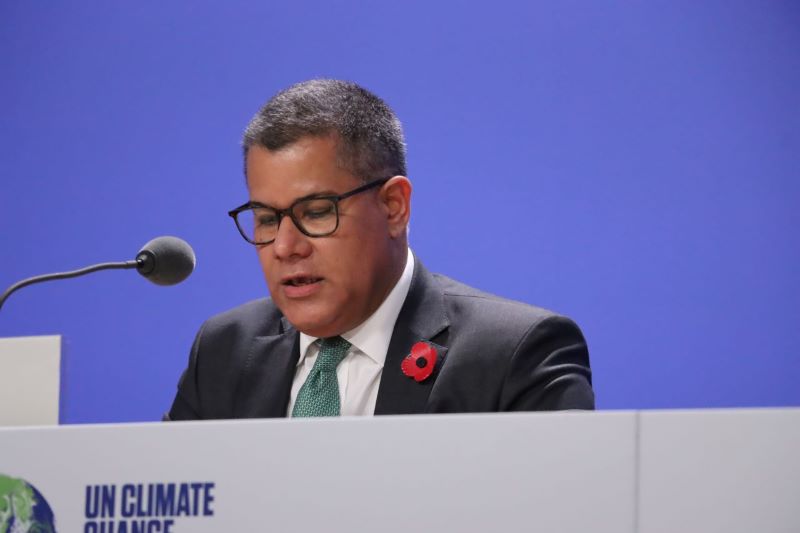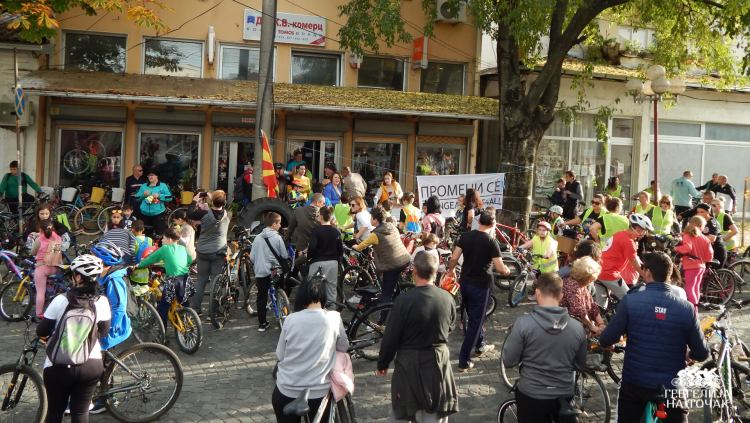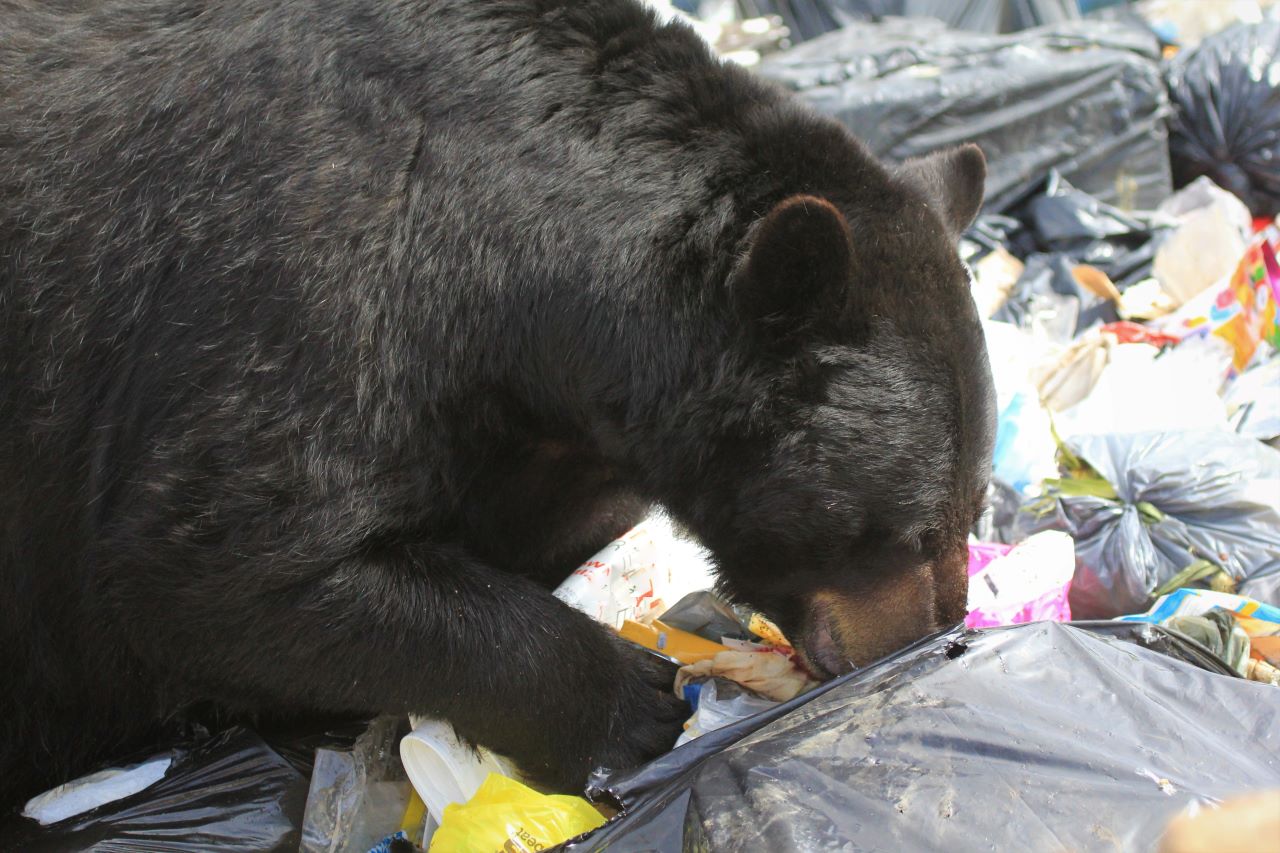COP26 in Glasgow is over. Participating countries (more then 200) had reached an agreement on the steps that must be implemented to keep the limit for future warming to 1,5 °C since pre-industrial times and to finalize the parts of Paris agreement.
On Saturday, the delegates had finalized the two-week intensive negotiations with consensus for swift increase of climate actions.
The agreement from Glasgow, combined with increased ambitions and activities by the countries means that the set value of 1,5 °C stays in-tact, but will be achieved with joint efforts from the global community.
Glasgow agreement will increase the pace of climate activities. All participating countries had agreed to revise and strengthen their current targets on GHG emissions by 2030, known as National Contribution from 2022. This will be combined with political round table for reviewing the global report on progressing and the Leaders’ summit in 2023.
The Paris Rulebook, the guidelines on how to implement the Paris Agreement, after six years of discussions is now completed. This will enable full implementation of the important agreement, after the agreement on transparency, which require countries’ accountability and with the expectancy to fulfill their targets. It reflects Article 6, which establishes a framework through which countries through the UNFCCC can exchange carbon credits.
For the first time, listening to the voice of civil society and countries most vulnerable to climate change, the COP agreed on action to phase out fossil fuels.
COP decisions have gone further than ever before in recognizing and dealing with the losses and damages caused by existing climate change.
There were also efforts to significantly increase the financial support through the Adaptation Fund given that the developed countries were invited to redouble their support for developing countries by 2025.
COP26 final text is a result of two years intensive diplomacy and campaign organized by the UK Presidency with intention to increase ambitions and guarantee action from almost 200 countries.
The work was focused on short-term emission that will lead in limiting temperature rise to 1,5 °C by mobilizing public and private capital and supporting communities in adapting to climate change.
Two years ago, when the United Kingdom launched COP26 in partnership with Italy, only 30% of the world was covered by zero emissions. Now, that figure is around 90%. In the same period, 154 countries have set new national targets, which is about 80% of global emissions.
The UK Presidency was also focused on supporting actions to reduce emissions. We have seen a huge change in relation to coal, with many countries committing to “phase out” coal and seize to fund further coal use.
We have also seen strong dedication in protection precious natural habitats. This refers to 90% of the world’s forests, and 130 countries have committed to end their destruction by 2030.
As far as transport is concerned, the transition to zero-emission vehicles is increasing, with some of the largest carmakers working together only to sell zero-emission cars by 2040 and by 2035 on the leading markets. Countries and cities are following the example by adopting ambitious petrol and diesel scrapping dates.
Current policies lead us to a catastrophic rise in temperature. However, the work of independent experts implementing the Climate Action Tracker analysis show that with the full implementation of the new commitments, a temperature rise of up to 1,8 °C is expectable.
No matter the implemented activities during and before COP26, communities around the world will continue to feel the impact of our changing planet.

Referring to the forthcoming assignments, COP26 president Alok Sharma states:
“With great assurance now we can say that we’ve managed to keep 1,5 °C . But their pulse is weak and will survive only if we keep our promises and transfer the commitments into swift actions. I am grateful to UNFCCC on their collaboration with us to organize successful COP26.
From now on, we must walk forward together, to meet the expectations set in Glasgow climate pact and to fill the gap for as the Barbados’ Minister Mia Mottley had stated “for the small and Ireland countries, 2 degrees is a death penalty.”
It is up to all of us whether we will follow our commitment of 1,5 °C in grasp, and will continue with our efforts to strengthen the adaptation. The collective commitment Glasgow Climate pact had achieved, only proves that our efforts shall not be in vain.”




